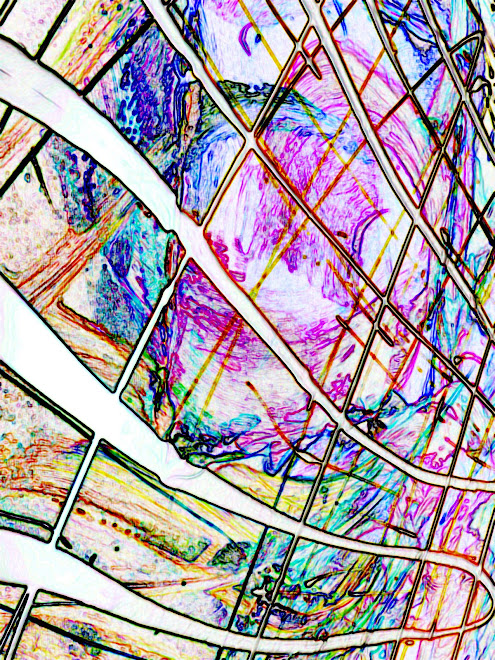Brendan, while I found your post online communities and the offline hype reasonably well-informed and engaging to read, you made some remarks that I was compelled to comment on.
You question the validity of virtual links and whether these relationships are actual relationships. I believe that virtual links are valid and that the relationships established in online communities are no less “real” than those occurring offline. While there may be a greater capacity for deception online [Sclove 1995; Bruns 2008], this should not detract from the significance and value of relationships built online, especially those built from mutual respect and honesty. While Flew [2005] is a very credible source, your post would have benefited from a wider reading into what elements are conducive to forming a prosperous community. I would suggest Peck’s The Different Drum [1987] and Rheingold’s The Virtual Community [2000]. You may also find my post shaking the stigma stuck to life online relevant.
I also seriously disagree with your statement that “by using the internet to expose ourselves social, we are really hiding behind the digital projection of ourselves, and can end up shutting out real-world physical relationships”. I am not contesting the inability of online relationships to embody a physical connection, or suggesting online communities should usurp offline relationships. However using the internet as a communication tool and medium for social interaction does not mutually exclude what you call “real-world” relationships (for a well reasoned discussion on this see Wellman and Gulia’s article Virtual Communities as Communities).
What is wrong with a person who finds the most enjoyment in life from playing xbox live or second life (see my post why we fear the influences of electronic games), or uploading videos onto YouTube (see my post a revelation of the “real” value in YouTube), or simply hanging out in internet chat rooms? How are these activities any different from (or lesser than) the activities we participate in offline? In online environments there is a much greater scope to explore who we are as people, and find our niche in the pursuit of acceptance and self-satisfaction [Cobcroft 2008; Bruns 2008]. While online communities might not be a “cure” for our social inadequacies they are certainly not “corrupting to people’s lives”. Perhaps read Smith and Kollock’s Communities in Cyberspace [1999], or reread Flew [2005] if you are still wondering on this matter.
REFERENCES
Bruns, A. 2008. KCB201 Virtual Cultures: Week Six Podcast. http://www.slideshare.net/Snurb/kcb201-week-6-slidecast-online-communities?src=embed (accessed April 10, 2008).
Cobcroft, R. 2008. KCB201 Virtual Cultures: Week Six Lecture. Public Lecture,
Flew, T. 2005. Virtual Cultures. In New Media: An Introduction, by T. Flew, 61-82.
Peck, M. S. 1987. The Different Drum: Community Making and Peace. 2nd ed.
Rheingold, H. 2000. The Virtual Community: Homesteading on the Electronic Frontier.
Sclove, R. 1995. Technology and Democracy.
Smith, M. A. and P. Kollock. eds. 1999. Communities in Cyberspace.
Wellman, B. and M. Gulia. 1999. Virtual Communities as Communities: Net Surfers don’t Ride Alone. In Communities in Cyberspace, ed. M. A. Smith and P. Kollock, 167-194.
Due to technical difficulties this comment was unable to be posted directly to Brendam’s Blog and the post online communities and the offline hype. As an alternative I emailed this comment to Brendan for his reference.




No comments:
Post a Comment